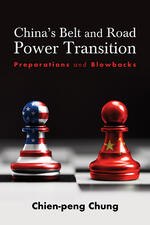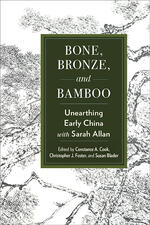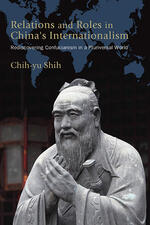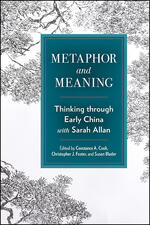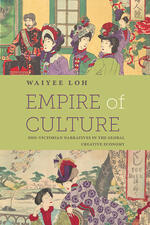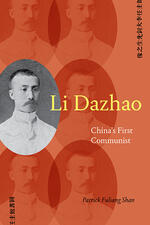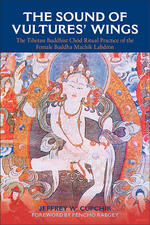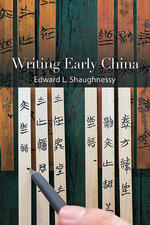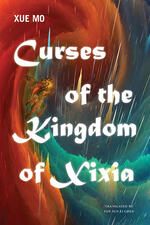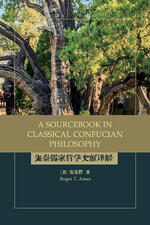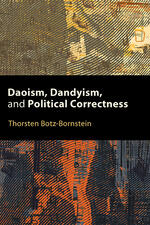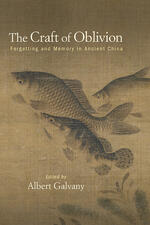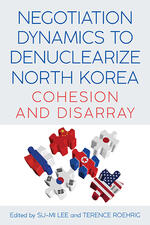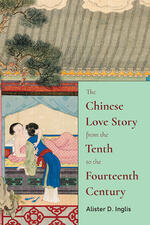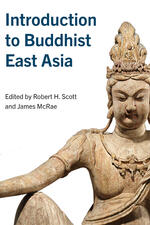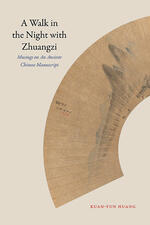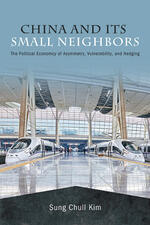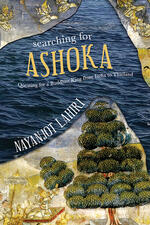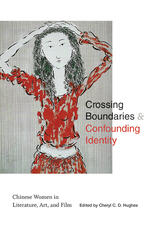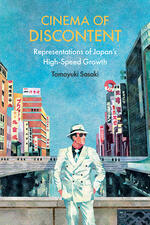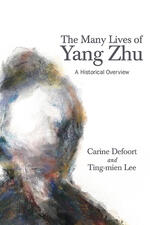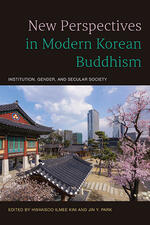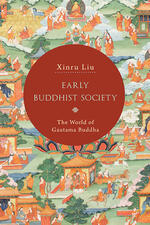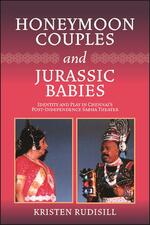Asian Studies
China's Belt and Road Power Transition
Details the Belt and Road global infrastructure development initiative as the most important instrument for China’s leadership under Xi Jinping to create an alternative global economic and geopolitical order to challenge the United States.
Bone, Bronze, and Bamboo
Explores how the tremendous wealth of newly unearthed artifacts and manuscripts have changed our understanding of China's past.
I, Yantra
Argues that ancient yantra (robot) tales reveal how their Hindu, Buddhist, and Jain authors thought about the nature of humanity and our role in a cosmos filled with divine and natural forces.
Relations and Roles in China's Internationalism
Creative exploration of how the encounter between Confucianism and western (neo)liberalism necessarily leads to the unlearning of both.
Metaphor and Meaning
Examines questions of cosmos, society, and self through the metaphors and language of ancient Chinese texts and artifacts.
Empire of Culture
Shows how Britain's trans-imperial engagements in the long nineteenth century have come to shape global cultural commodity flows today.
Li Dazhao
Biography of a major figure in modern Chinese history.
The Sound of Vultures' Wings
Explores the music of the Tibetan Chöd tradition.
Writing Early China
Considers what unearthed documents reveal about the creation and transmission of knowledge in ancient China.
Curses of the Kingdom of Xixia
Reality merges with illusion in this novel of northwestern China.
A Sourcebook in Classical Confucian Philosophy
Applies a method of comparative cultural hermeneutics to let the tradition speak on its own terms.
Daoism, Dandyism, and Political Correctness
Argues that Daoism and dandyism, linked by likeminded philosophies of “carefree wandering,” deconstruct the puritanism and political correctness sought by Confucianism, Victorianism, and contemporary neoliberal culture.
The Craft of Oblivion
Examines the intersections between forgetting and remembering in classical Chinese civilization.
Negotiation Dynamics to Denuclearize North Korea
Comprehensive examination of the goals, strategies, and motives of the six parties involved in North Korea denuclearization talks through the lens of negotiation theory.
The Chinese Love Story from the Tenth to the Fourteenth Century
Traces the development of the Chinese love story during the Song and Yuan dynasties.
Introduction to Buddhist East Asia
Offers a variety of pedagogical and theoretical essays designed to assist professors in introducing undergraduate students to Buddhism in China, Korea, and Japan.
A Walk in the Night with Zhuangzi
A complete translation and analysis of "All Things Flow into Form" (Fan wu liu xing), a recently discovered manuscript from the Warring States period (481–221 BCE).
China and Its Small Neighbors
Analyzes the nature, processes, and political consequences of the asymmetrical relationships between China and its six small neighbors in Asia.
Searching for Ashoka
Reveals how the persona of India's most famous emperor was constantly reinvented in ancient times to suit a variety of social visions, political agendas, and moral purposes.
Crossing Boundaries and Confounding Identity
Examines literary, historical, and cultural portrayals of Chinese women, across centuries and continents.
Cinema of Discontent
Uses popular films to reveal the tensions generated during Japan’s postwar "economic miracle," challenging the prevailing view that it was a story of great national success.
The Many Lives of Yang Zhu
Presents the most important portrayals of the Daoist master Yang Zhu throughout Chinese history, from the Warring States period until today.
New Perspectives in Modern Korean Buddhism
Offers alternative approaches to the study of colonial and postcolonial Korean Buddhism, suggesting new directions for scholarship.
Early Buddhist Society
A richly scholarly yet accessible and imaginative account of society in the time of the Buddha.
Honeymoon Couples and Jurassic Babies
Contextualizes Sabha Theatre historically, politically, and aesthetically, revealing how it expresses a Tamil Brahmin identity that is at once traditional and modern.
